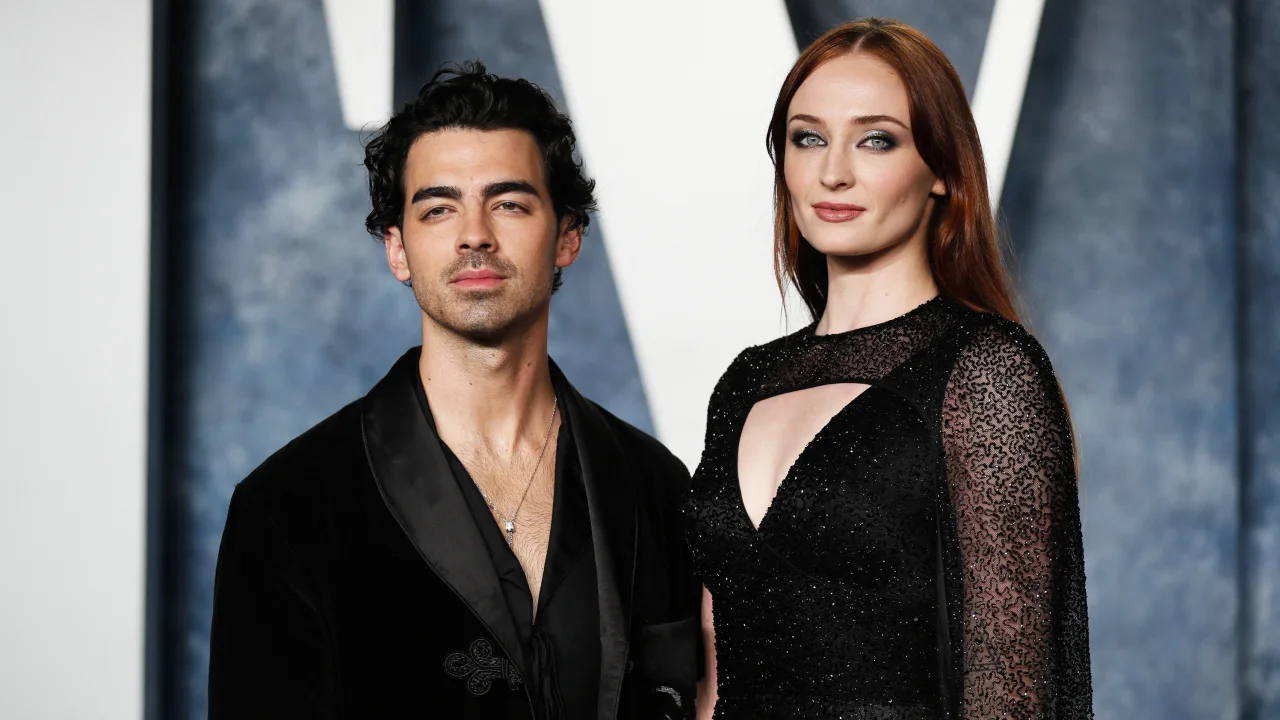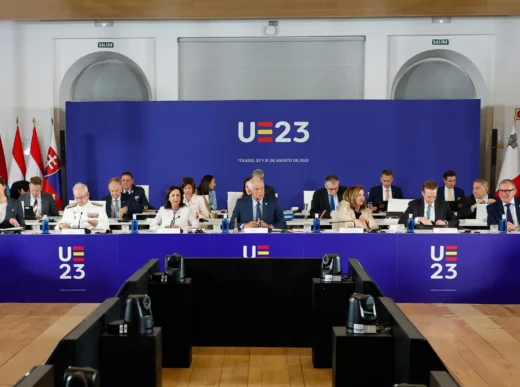As news of musician Joe Jonas and actor Sophie Turner’s divorce surfaced, so did the familiar media narrative: a portrayal of Turner as a party-goer conflicting with Jonas, the supposedly concerned father figure. This narrative, rooted in archaic stereotypes of motherhood and fatherhood, has been a recurrent theme in the public eye.
The ‘Bad Mother’ Trope: A Deep-Rooted Misconception
American society has a tendency to latch onto narratives that position fathers as heroes for partaking in parenting, while unfairly scrutinizing mothers for any perceived misstep. The standards are drastically different, with even the most basic acts of fatherly involvement being celebrated, while mothers face scrutiny over trivial matters.
Britney Spears and the Relentless Stigma
Britney Spears stands as a glaring example of how this narrative has been weaponized against women, especially during divorces. Despite her ongoing battle for autonomy and the exposure of her abusive conservatorship, the label of a ‘bad mother’ still persists.
A Shift in the Narrative: Social Media’s Role
In a notable departure from the past, social media users immediately questioned Jonas’ claims. They highlighted the age gap, Turner’s age when the relationship began, and her expressed longing for her homeland. This skepticism reveals a growing resistance to these tired tropes.
Redefining Motherhood in the Public Eye
Celebrities serve as a mirror reflecting societal norms and anxieties. The Jonas-Turner situation prompts a critical examination of how our culture judges and labels women, particularly those deemed as ‘bad mothers’.
Breaking Free from Outdated Norms
The Covid-19 pandemic has shed light on the immense physical and emotional labor that mothers shoulder daily. It’s time to acknowledge that both parents are capable of equal responsibilities. Awards for basic parental duties should not be limited to fathers, nor should mothers be vilified for seeking time with friends.
The Power of Joint Statements
Jonas and Turner’s joint statement emphasizes their united decision, underscoring the importance of respecting their privacy. It’s a reminder that tabloid narratives offer a window into our cultural perceptions, particularly regarding gendered parenting roles.
As we reflect on the Jonas-Turner divorce, it’s an opportunity to move beyond voyeurism and consider the broader implications of perpetuating gendered parenting stereotypes. This moment prompts us to challenge outdated norms and embrace a more equitable and compassionate view of parenting.















